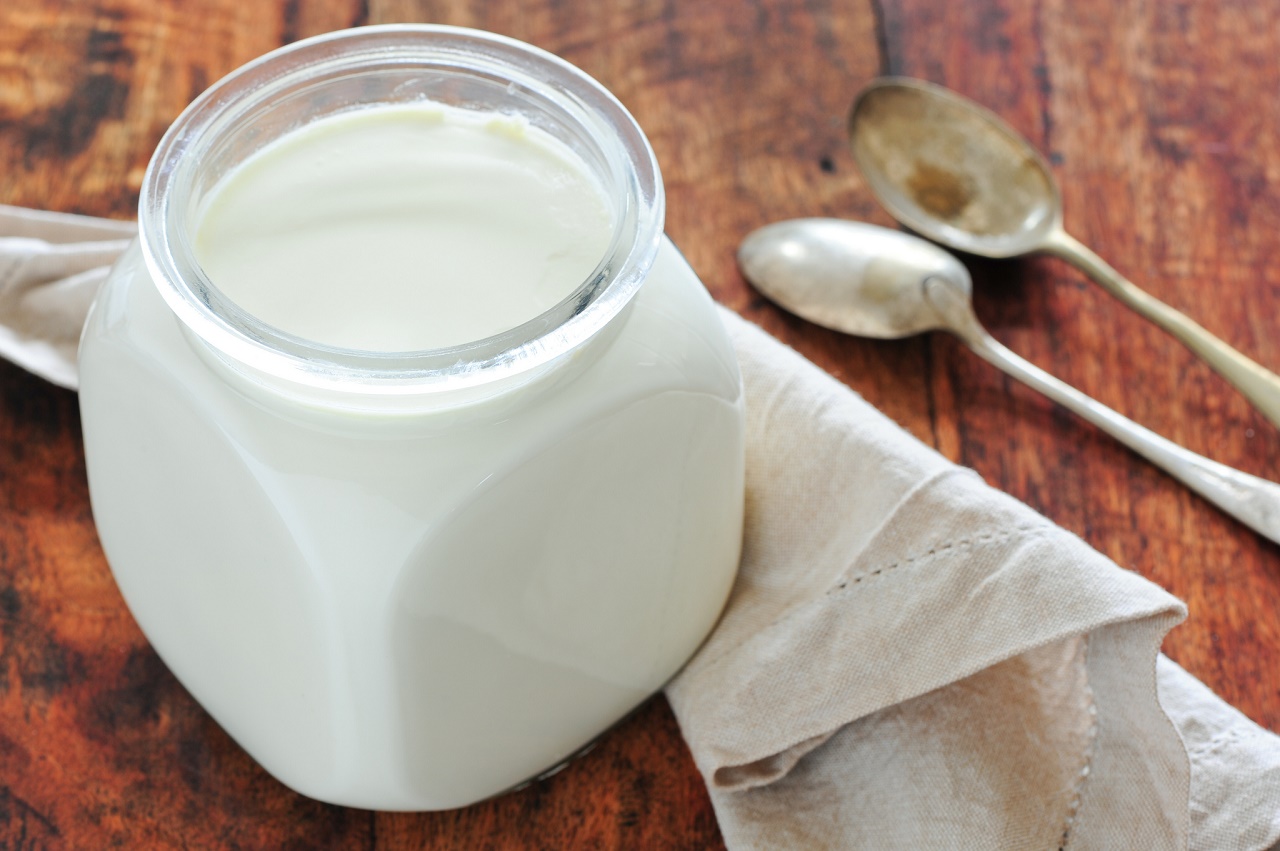
Approximately 20 minutes after a meal, intestinal bacteria begin to produce the appetite suppressant protein called ClpB.
This protein travels through the blood to the brain and activates nerve cells that suppress the appetite.
This, according to a study made on rats and mice and published in the journal Cell Metabolism
If it turns out that the same processes are in works in humans, it would be conceivable to use probiotics to suppress the appetite.
It is plenty of nutrients in the intestine after a meal, and the bacteria can divide rapidly. Then, after a toilet visit, there will be much fewer bacteria.
Professor of physiology at the Universite de Rouen in France hypothesize that the bacteria have evolved this ability to influence the appetite of its host to provide a more stable and preferable environment in the intestines.
______________
Gut Commensal E. coli Proteins Activate Host Satiety Pathways following Nutrient-Induced Bacterial Growth
____________________________











![OpenAI. (2025). ChatGPT [Large language model]. https://chatgpt.com](https://www.illustratedcuriosity.com/files/media/55136/b1b0b614-5b72-486c-901d-ff244549d67a-350x260.webp)
![OpenAI. (2025). ChatGPT [Large language model]. https://chatgpt.com](https://www.illustratedcuriosity.com/files/media/55124/79bc18fa-f616-4951-856f-cc724ad5d497-350x260.webp)
![OpenAI. (2025). ChatGPT [Large language model]. https://chatgpt.com](https://www.illustratedcuriosity.com/files/media/55099/2638a982-b4de-4913-8a1c-1479df352bf3-350x260.webp)








